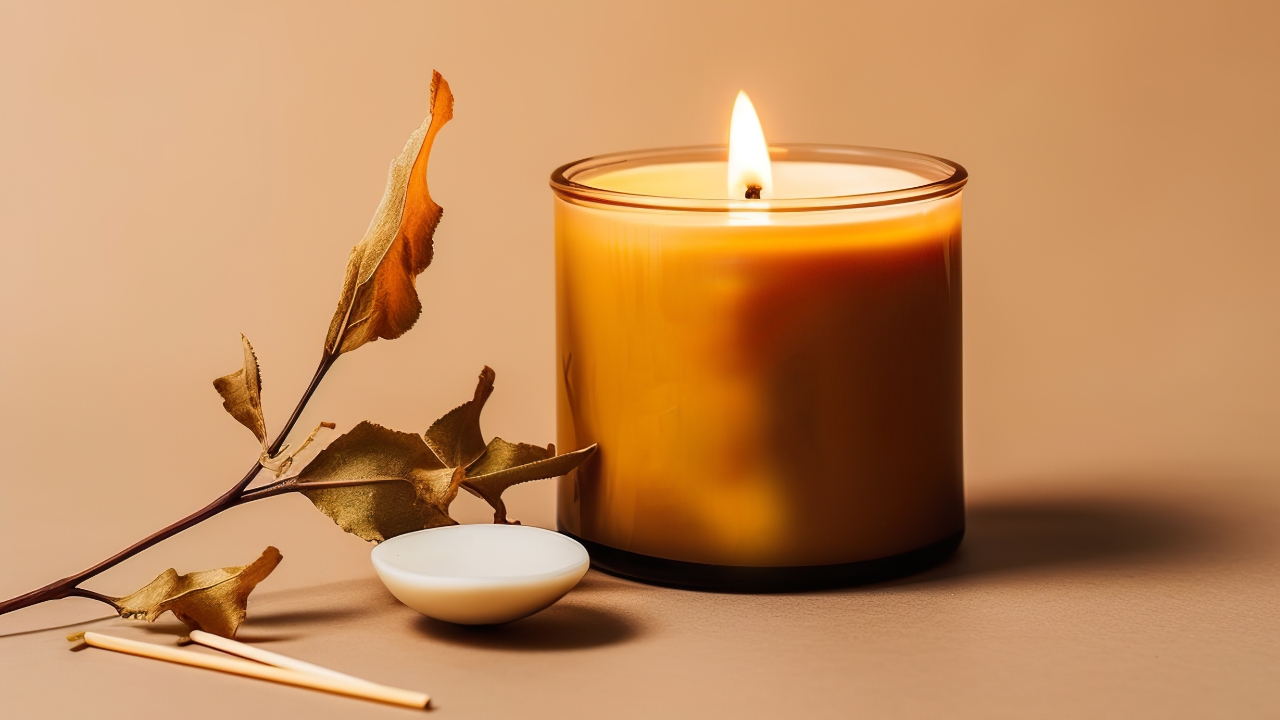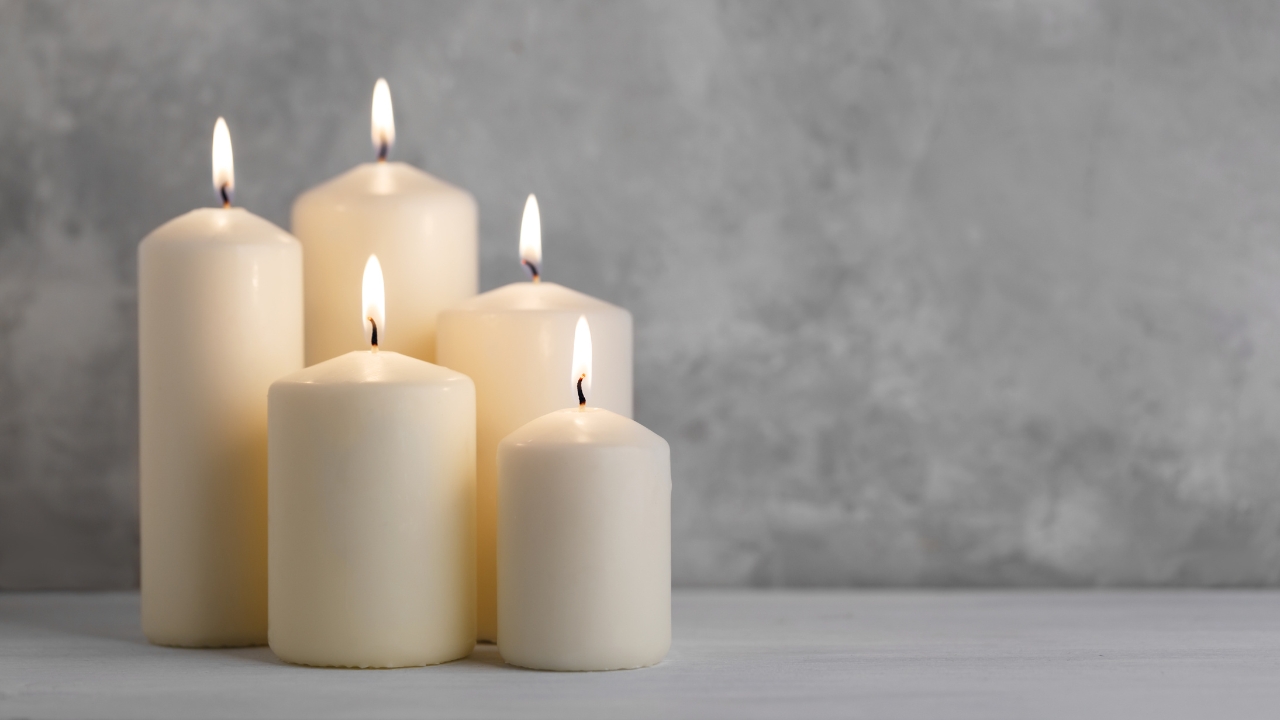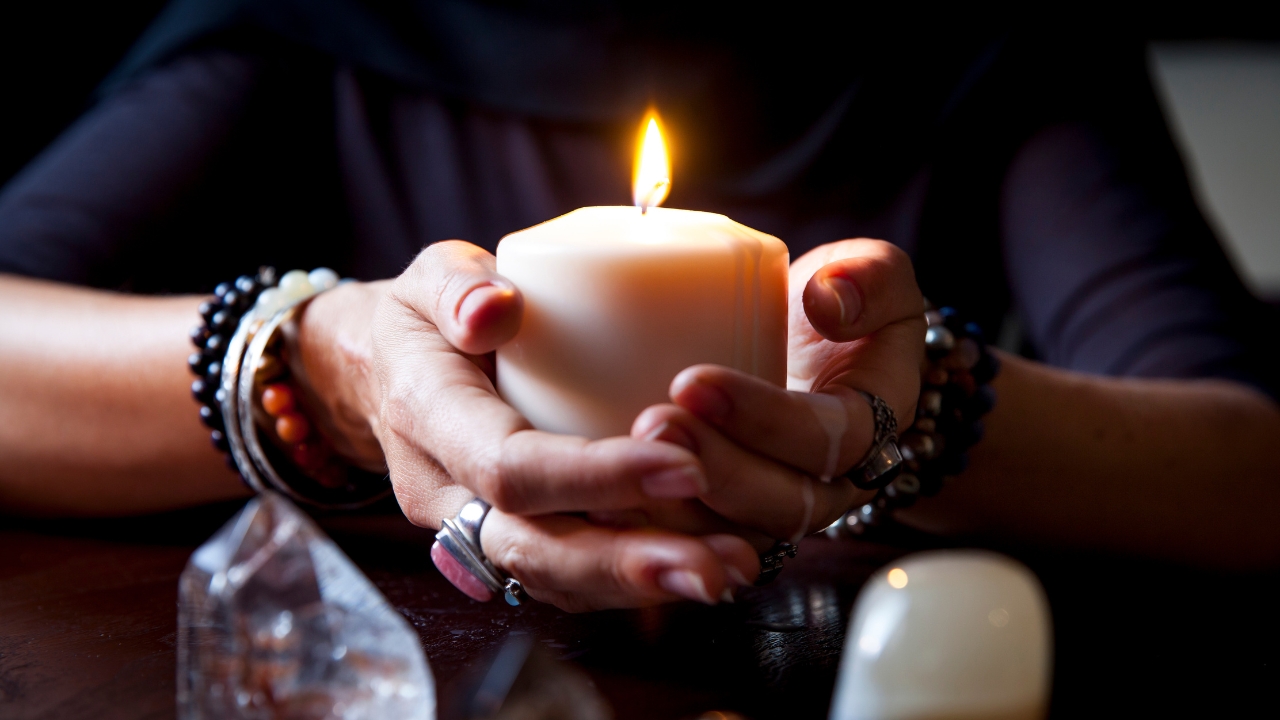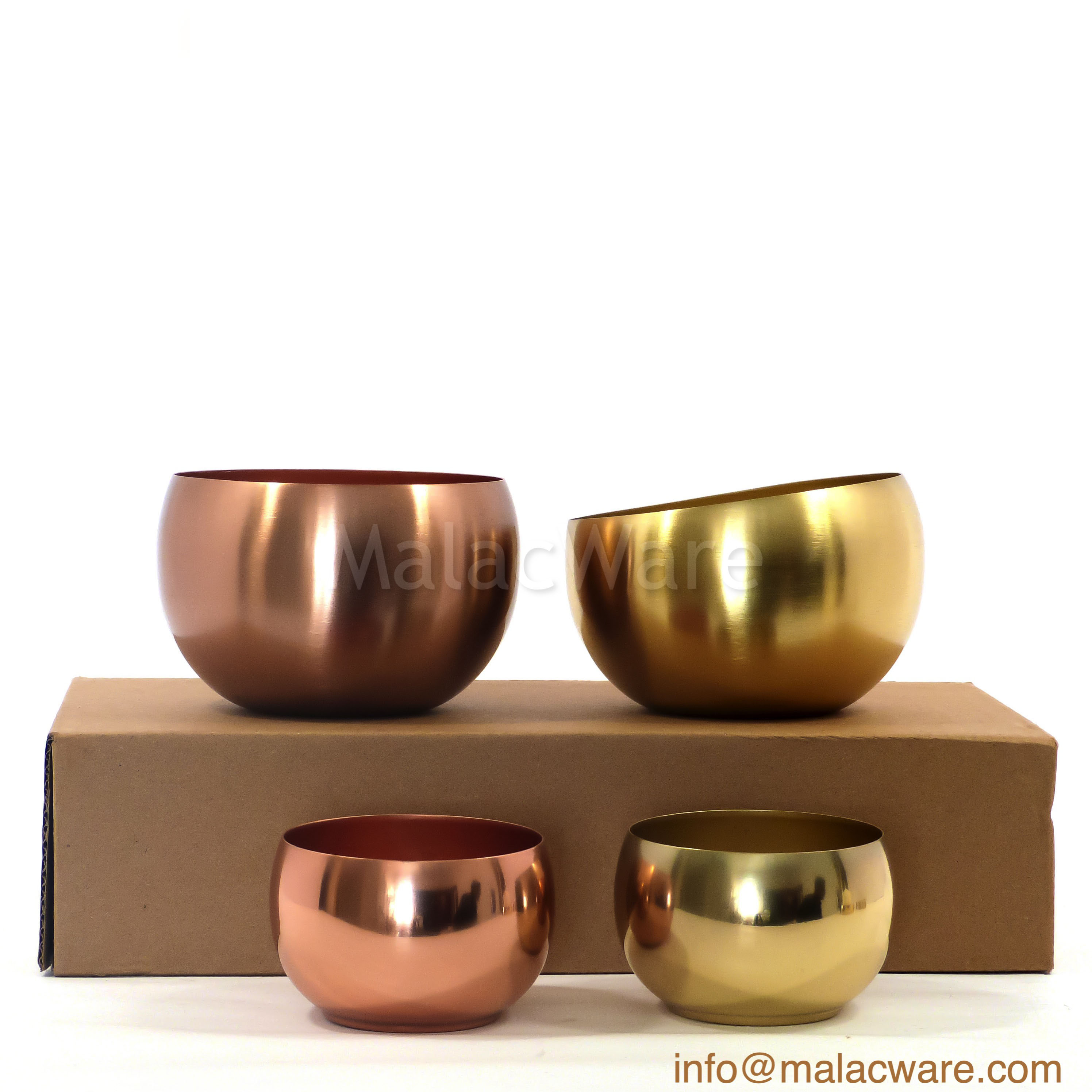What Are Candles Wicks Made Of? Complete Guide

We use candles to illuminate in the dark and for aesthetic purposes. Nowadays, you will find all sorts of candles, including scented candles, beeswax candles, and whatnot. No matter the type of candle, it needs a wick to burn. The thin, cylindrical part carries the flame from the wax to the fuel source, keeping the candle burning. Now, what are candle wicks made of?
Well, that’s a valid question, especially for those with less knowledge about candles or who are genuinely curious. Wicks are made of various materials depending on the candle’s size, material, shape, color, and fragrance. Choosing the suitable wick material is essential as it plays a crucial role in determining the quality of the candle.
What Are Candles Wicks Made Of?
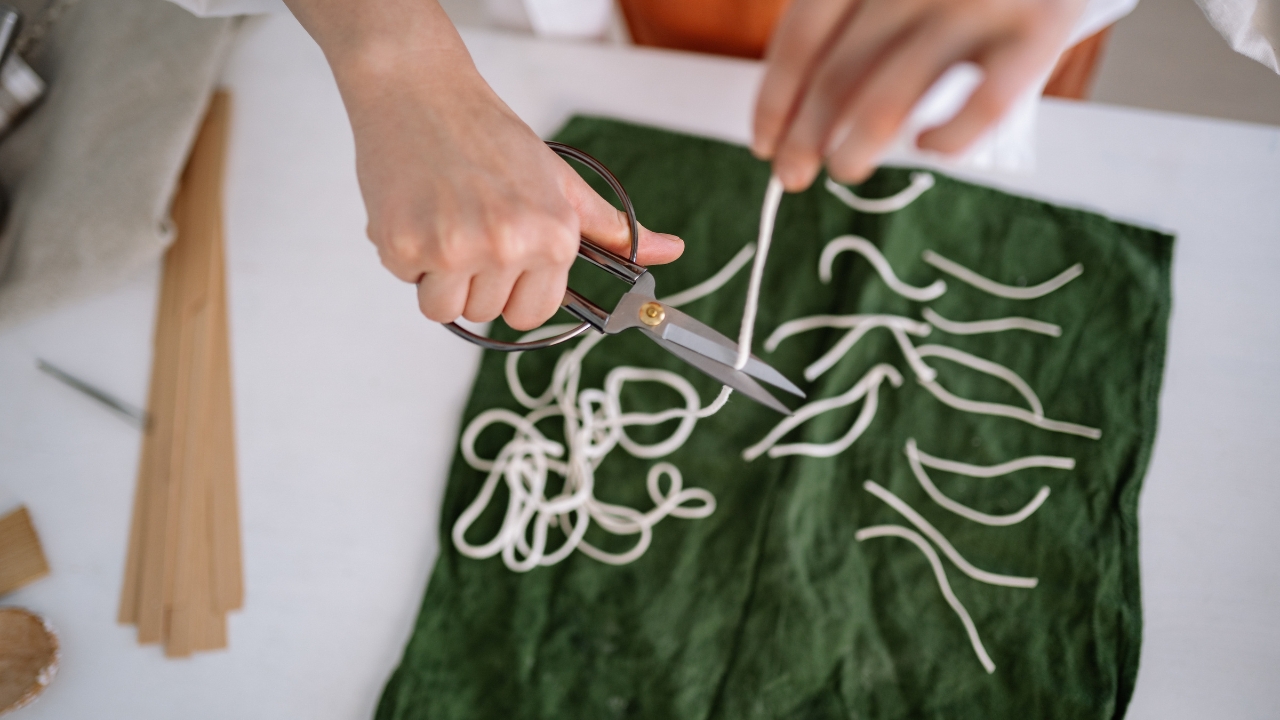
So, what are candle wicks made of? We will explore the different materials used in the following section. If you love to make candles, this information might be helpful.
Cotton Wicks
Cotton wicks are among the most popular choices for candles. They are known for their stable flame, clean burn, and minimal soot.
The good thing about cotton wicks is that they ensure a consistent burn. They are made from 100% natural cotton fibers, offering an eco-friendly choice for consumers.
Wood Wicks
Wood wicks offer more than just a light source; they bring a cozy atmosphere to any room with their gentle crackling sound. They are crafted from a blend of natural wood fibers and other materials.
Wood wicks can produce a broader flame than cotton wicks, requiring careful maintenance and trimming to burn correctly.
Paper Core Wicks
Paper core wicks are ideal for candles that burn for a long time. These wicks are made from 100% cotton fibers and are used primarily on scented candles without altering the wax’s appearance.
They work best with flat wicks and reduce smoke to ensure a clean burn. As the candle burns, the paper core melts away due to heat. It also absorbs excess oil and prevents burnt spots.
Cotton Core Wicks
This wick type is made entirely of cotton and burns at a medium rate. While they are a staple in the candle market due to their reliability and safety, cotton core wicks can sometimes lead to issues like candle mushrooming and tunneling.
Despite these challenges, they remain a classic choice for many candle enthusiasts.
Hemp Wicks
Made from hemp fiber, hemp wicks are known for their durability. They burn with a yellow flame, as seen in most glass containers.
While they are more expensive and burn higher temperatures than cotton, their unique flame color makes them suitable for decorative candles. Also, hemp wicks reduce fire hazards compared to synthetic wicks.
Brass Core Wicks
Brass core wicks produce a more luminous flame compared to cotton wicks. They are thinner and more durable in high-heat environments, such as synagogues or churches where candles are frequently used.
However, brass wicks may leach trace amounts of metal into the wax. Therefore, they are unsuitable for those concerned about metal contamination in food.
Polyester Core Wicks
Polyester core wicks are metal-free and ideal for avoiding contamination concerns. They tend to produce less bright flames compared to cotton or brass wicks and may not absorb wax as well.
This can result in less fragrance and smoke release, making them a less popular choice for candles that require a strong scent throw.
What Are Wickless Candles?
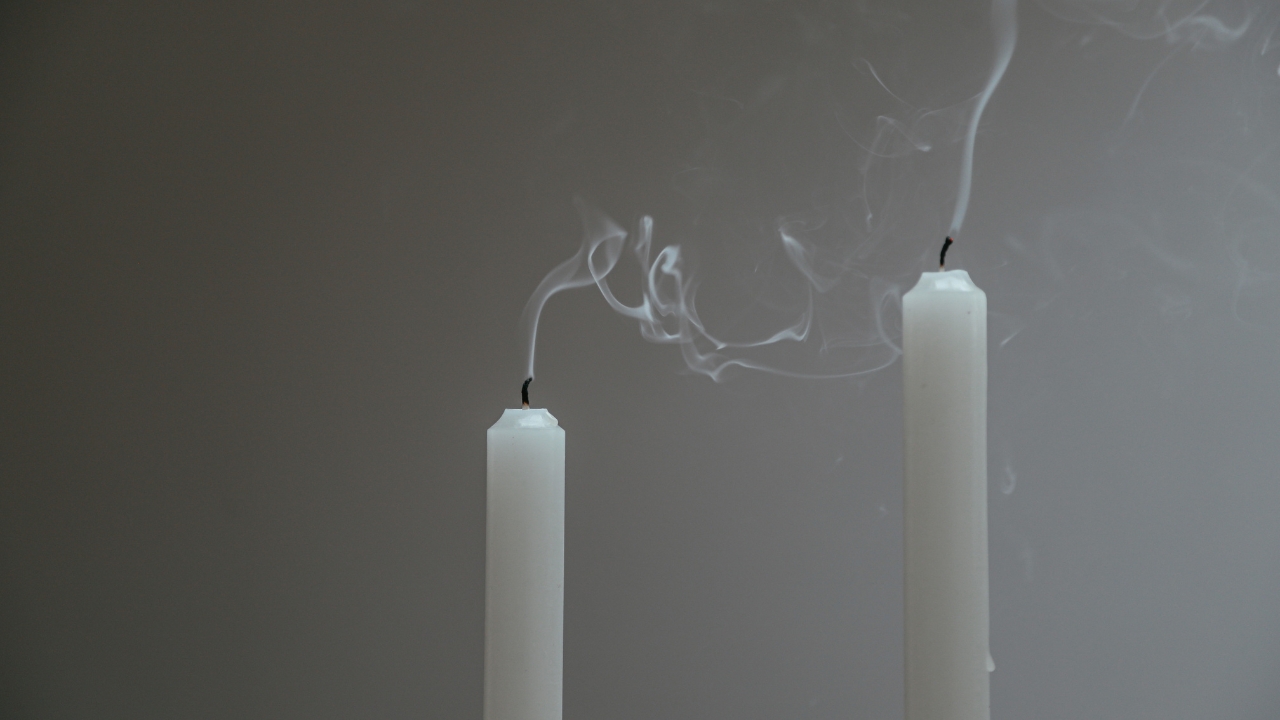
Wickless candles are a modern, eco-friendly alternative to traditional candles. Instead of a wick, these candles have an integrated wax reservoir that melts using a wax melter. This method releases the fragrance from the wax without a flame.
Although wickless candles don’t have the traditional flame, they offer several advantages. Firstly, they are more affordable, and secondly, they are safer.
Wickless candles are mainly used in aromatherapy, as they allow the fragrance oils to diffuse slowly, helping you to enjoy the scent.
Choosing The Right Wick For Your Candles
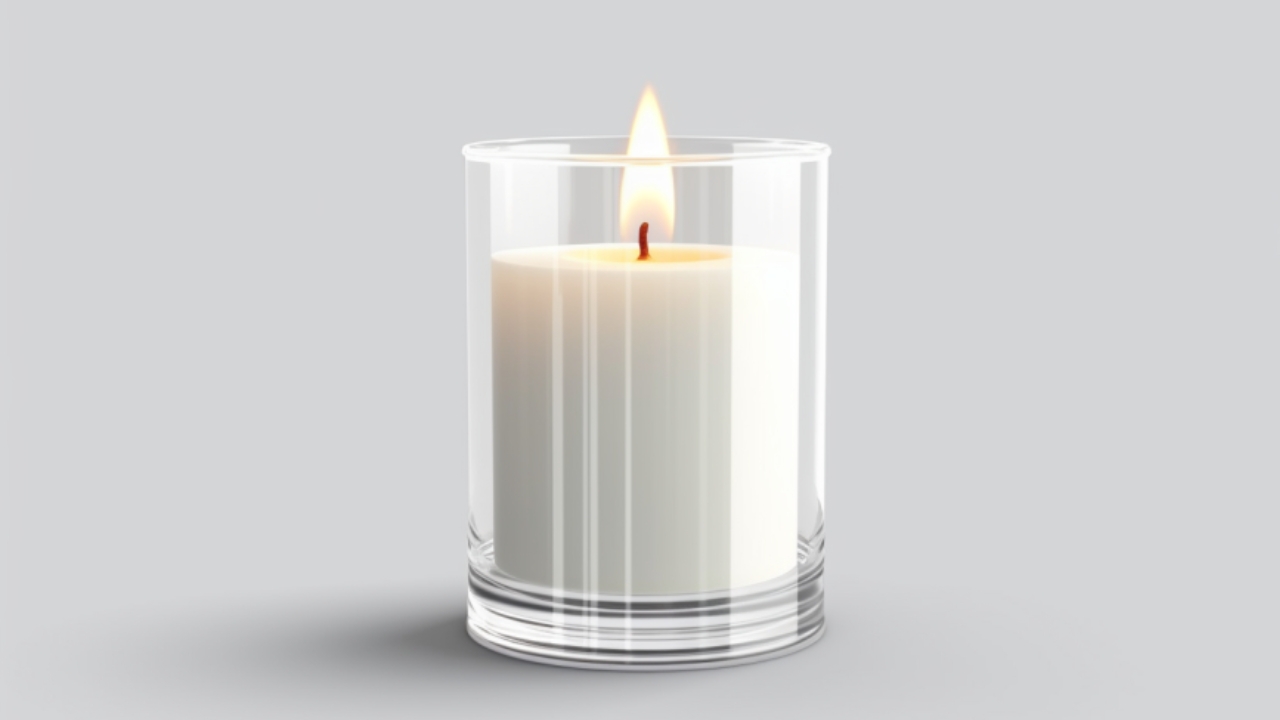
Knowing how to pick the proper wick is essential for making candles. We have some tips for you if you are new to the craft.
Type of Wax
The type of wax you use plays a crucial role in wick selection. For instance, if you are using paraffin wax, it generally pairs well with wicks that can handle a high melting point. Similarly, a different type of wick might be more appropriate if you use softer waxes like beeswax or soy.
Size and Shape of the Candle
The size and shape of your candle influence how the wick will burn. Larger candles with a broader diameter often require thicker or braided wicks to ensure an even burn. On the other hand, smaller candles need thinner wicks to prevent excessive soot or smoke.
Desired Burn Time
The burn time of your candle can also affect wick choice. It would help if you chose wicks made of cotton or wood for long-burning candles, as they prolong the burn time and offer a stable flame. Wicks like paper are more suitable for burning candles for a shorter period.
Final Words
So, now you know what candle wicks are made of. Each material used is unique in its own way. Choose a wick material depending on the candle type, shape, size, and material to ensure the best results. This will provide a stable and consistent flame.
FAQs
What material can be used for candle wicks?
Candle wicks are made from various materials, including cotton, wood, hemp, paper, and even metal cores like brass.
How do you make a homemade candle wick?
To make a homemade candle wick, use a cotton string and soak it in a mixture of water, salt, and borax for about 24 hours. After drying the string, you can use it as a candle wick.
What are traditional candle wicks made of?
Traditional candle wicks are made of braided cotton, ensuring a stable and consistent flame.
Can I use string as a candle wick?
Yes, you can use cotton string as a candle wick. But treat the string with a salt and borax solution to enhance its burning quality.
Can I use a toothpick as a wick?
You can use a toothpick as a wick in an emergency, but it is not considered ideal.
What is a good substitute for candle wicks?
If you don’t have a candle wick, you can substitute cotton twine or paper towels.
Subscribe To Our Newsletter
Subscribe for your email and get 10% off your first order!
© 2023 Malac Import Export Pvt Ltd, All rights reserved.

